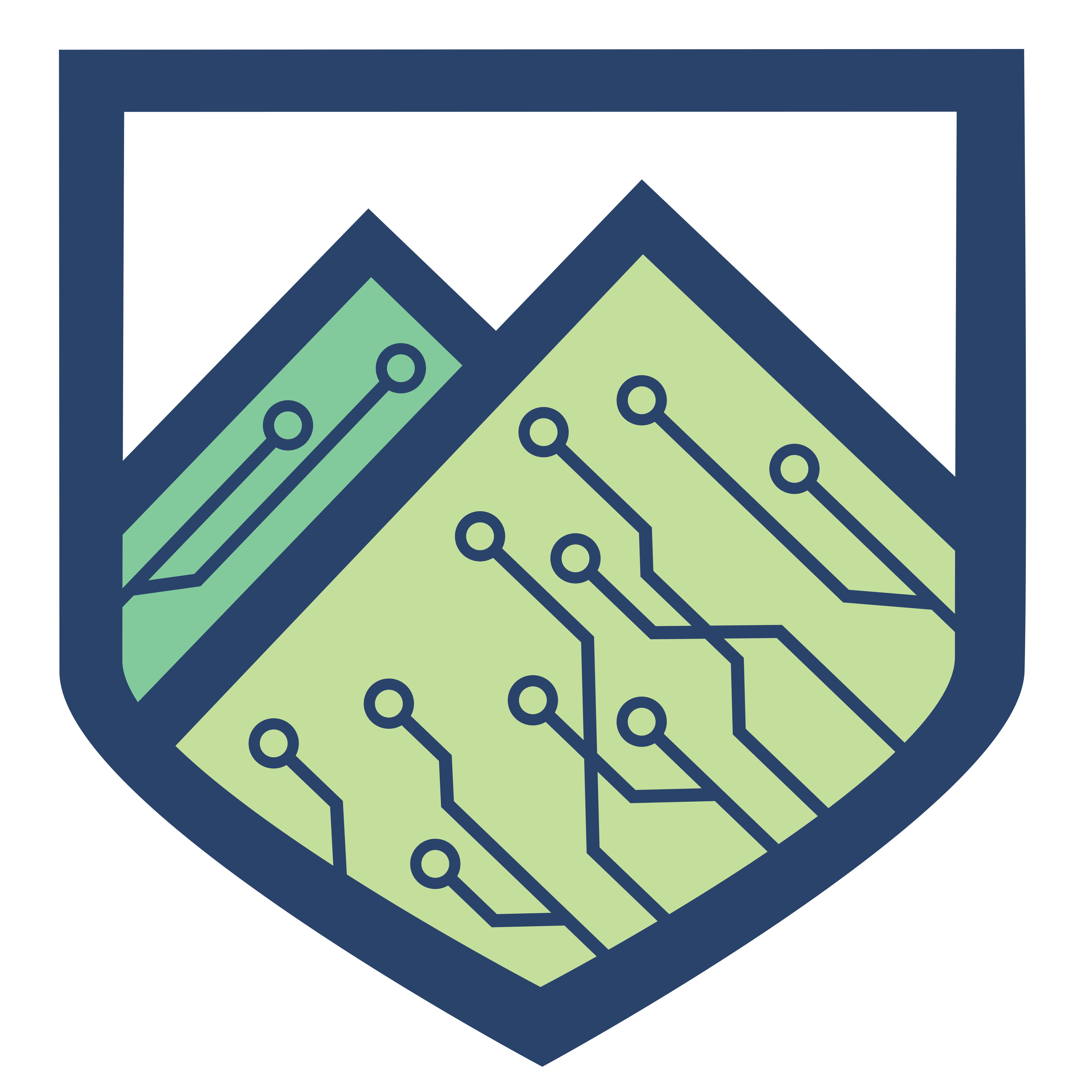With the boom of social media platforms such as Instagram, TikTok, and Snapchat, more and more users worldwide give out their personal information to companies in order to use their platforms. But, how safe is your information in the hands of social media giants like Facebook, Youtube, and others? And, what’s going on with TikTok, and it’s owner: ByteDance?
September 30, 2020
Author: Emily Glazier
What is Personal Information?
Personal information is an umbrella term for many different types of data you have. For example, personal information can include information such as social security numbers (SSNs), health records, location, internet address, email, phone number, or social media posts and information.
What Happens to Your Data?
When you use a free application, such as social media platforms, your information is the product. Most apps ask for permission to use certain information, however, some information is collected automatically. When data is collected, data brokers sell your information. Sometimes, brokers sell your information such as addresses, emails, and other information to websites like Spokeo that provide users with the address information of another person for the purpose of sending mail to friends and family that have relocated.

However, this information allows for doxxing, the act of one searching for and posting private information about someone online to cause them distress or panic. Other data is sold for marketing purposes, to companies like Datalogix that tailors ads based on your previous searches. However, this runs the risk of adding information to your digital profile. If you search for a medication associated with diabetes, for example, your private health condition may then be added to your digital profile, exposing your personal information. Finally, your information can be used to learn about where you work, and other private information.
TikTok: What Does ByteDance Collect?
TikTok, an app for user generated short videos, is owned by a Chinese company called ByteDance. Although ByteDance has a history of lacking transparency in regards to what they collect on users, the app automatically collects certain information. The app collects location data (what region you are watching from), internet addresses, the type of device you are using the app on, browsing and search history, along with message and chat data. The app also collects information such as contacts (both phone contacts and social media contacts), GPS position (your immediate location), age, photos/videos, and your phone number. Payment information and the content you watch and like is also collected.

TikTok Logo
Chinese-Developed Apps
What do apps developed in China have to do with US consumers’ data and privacy? Chinese companies, such as Tencent (owner of Wechat) and Sina Corp (Weibo) are known to collect more data about their users than is needed to operate applications and services. There is a history of Chinese apps abusing consumers’ information privacy and data.
What’s the Concern?
TikTok is owned by ByteDance, which is a Chinese company. Because of the ties the app has to China, and China’s history of over collecting data, along with current US/China relations, the US government is concerned that ByteDance is collecting sensitive information that is then given to the Chinese government, creating a database of US users that can be used against the US.

The US is worried that TikTok has information on federal employees, military personnel, and other government officials that China can use to commit espionage, or to spy on the US government to gather military and national security information. There is also a concern that information can be used as blackmail, secret information could be released, and there is a concern that China’s restrictive laws on freedom of information can start inflicting US consumers.
What’s Next?
Since June of 2020, many routes of protecting national security have arisen. There are national changes occurring to protect US information, and there are actions you can take to protect your information from not only apps like TikTok, but from other applications and companies trying to take your information.
National Changes
In December of 2019, US regulators published an accusation claiming that TikTok was transferring the data collected from users, allowing the Chinese government to have access to said information. Shortly after that, military branches blocked their employees from using TikTok on government issued devices. In August of 2020, the president of the United States said the app would be banned due to the concerns around data collection and distribution. In September of 2020, motions for American acquisition of TikTok began. On the weekend of September 20th, the company Oracle, teamed with Walmart, bought a 20% stake in TikTok, allowing the app to remain on the US market.
What You Can Do
To protect your privacy, knowing what information is collected, and what to give out, is important. Changing privacy settings to avoid giving out your personal information is a good start. Further, being educated on how to avoid phishing attacks and scams is important. Monitoring who you give information out to, and limiting traceability with a VPN is also measures to take for safety.

VPN

Phishing Attack
